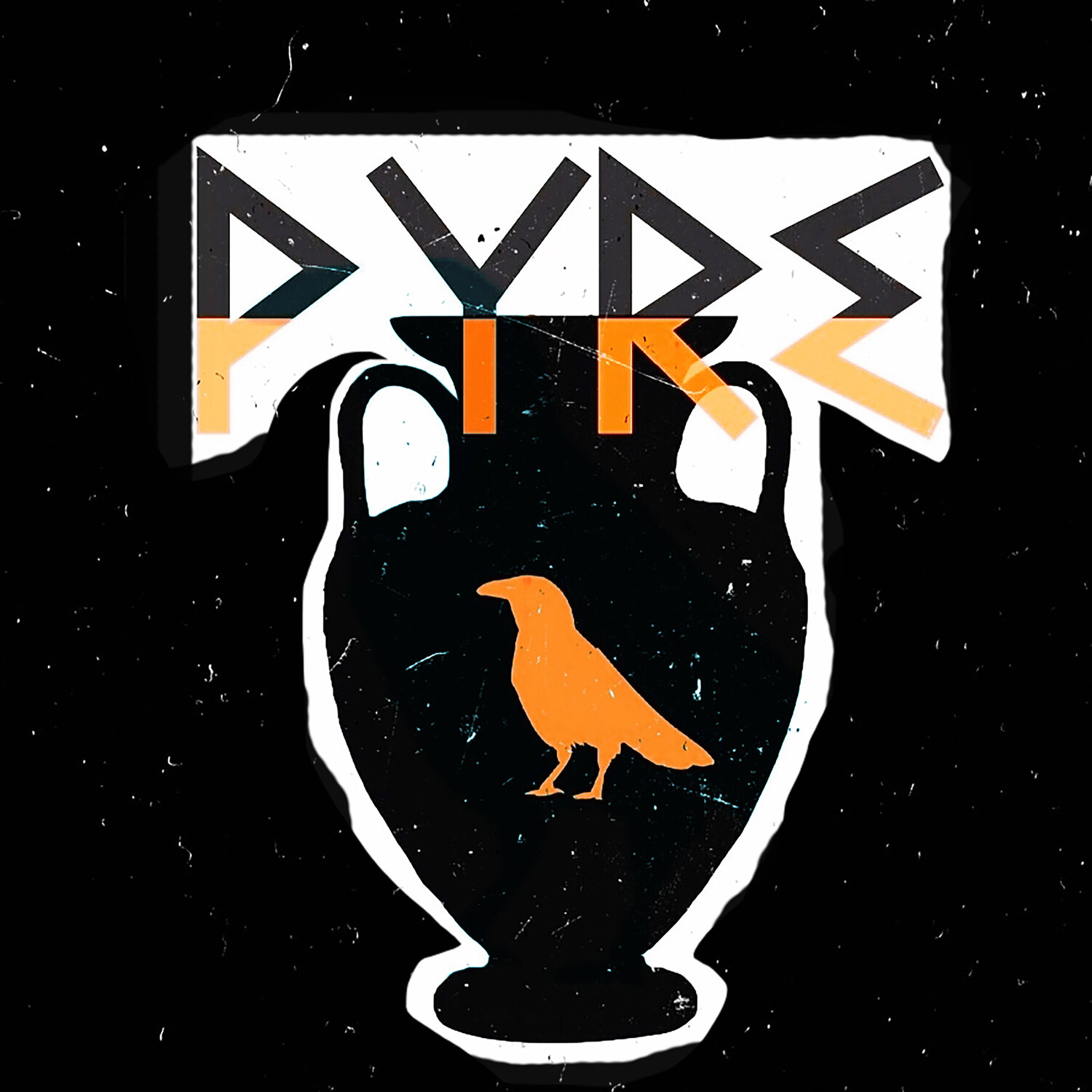The Body Remembers — by Mattea Heller
Viviane watched from the end of the aisle as the child hid inside the racks of clearance-priced clothing. She watched as the girl’s mother stretched a long spindly arm between the folds of tweed and cable-knit and pulled the kid through as if from the Narnia wardrobe. The child squinted in the fluorescent light of the department store, her cheeks turning up to the woman above her. Viviane anticipated the mother would drop the daughter’s arm and return her own wide hand to her shopping cart, but instead, the mother gripped the girl’s arm tighter, and she yanked—hard.
The child’s face crinkled, reflecting fear but not surprise. And then, instead of a shriek to match the jutting of her arm, she pursed her lips and made a muffled mmmmmm of a daughter who’d been taught that screaming would only make things worse for her. The arm remained attached to the girl’s shoulder socket, but there was no telling how the mother knew it would. Years of practice, perhaps.
“We don’t play in the clothing racks,” the mother said in the girl’s ear with a voice like the scratch of a record player.
It was always that word when a child behaved badly. “We don’t do this. We don’t do that.” As if it was a collective trespass. As if the mother had even considered burrowing into a clothing rack in over thirty years. The woman gave the girl a final shake, then brushed off the arm like it was something stuck on her shoe and turned back to the sale rack.
The child touched her arm, the place where fingertips had bitten into her skin, and next quickly put the hand back at her side as if knowing there was nothing to be done. Under her sleeve, the marks were surely pink, turning purple.
Viviane’s stomach lurched as she watched the two heading toward the register.
Viviane’s mom would never yank her arm.
Not the arm that curved above her head as she twirled, not the other arm that bent and swayed like a willow branch as she leaped. And not the legs either. Never the legs that made arabesques and pirouettes and tour jetes as she skittered across the Marley dance floor. No appendage could be marred, nothing to ruin the illusion of perfection that moved across the stage like a spinning kaleidoscope, like a swirling of autumn leaves in the breeze.
Beauty must always remain intact.
Of course, Viviane’s mom found other ways to punish her. If it had been Viviane hiding in the clothing rack, her mom would have whispered in her ear with an edge of finality, “You know what we’ll do when we get home.” Again the “we” as if it was consensual. As if they were both complicit. And then they’d return home, and her mom would make her go to the refrigerator and reach for the mud-colored bottle on the door next to the mayonnaise and the medicine for the dog.
This was another way in which “we” did this. It wasn’t her mother doing it to her. Viviane reached for her own punishment.
And the bottle was always brown, a cartoon sun personified on the label with a large grin. Red would have been easier to take. Red, she might even get used to. But this bottle was there, always just at arms-length, only for this one purpose.
“Come now,” her mom would say, “Let’s get on with it.”
And Viviane would stand there, with her mouth wide and tongue stretching like she was ready to catch snowflakes. And then, her mom would take the hot sauce and shake three drops on her tongue. Of course, when she was younger, she’d cry and squirm as her mom squeezed her cheeks like pinching open a coin purse. Eventually, Viviane learned it was easier to stop wriggling, more dignified, and if she was good, it might be just three drops instead of more.
Even as she grew old enough to stand with her back straight, the pain was always the same. Sizzling embers binding to her tongue. Years later, she read that spicy food doesn’t really kill tastebuds. Rather, people who eat spicy foods often become accustomed over time so that they don’t feel the pain. This never happened to Viviane.
That’s why when the mother and daughter coincidentally followed her into the neighboring supermarket--after they’d all checked out of the department store--Viviane decided to put something in her coat pocket like she’d dared all those years ago with stolen drugstore lipsticks.
She followed the mother and daughter out to the parking lot as the sun was setting and dark shadows clasped their hands over parked cars. And as the mother strapped her child into her booster seat in the back of the sedan, Viviane reached her unmarred arm, the graceful arm that swooped and twirled in The Nutcracker, in Cinderella and Sleeping Beauty, and wrapped that pure as snow white arm around the unsuspecting mother’s neck, and with athletic ease, pulled her to the ground behind the car.
She lowered the choking mother the way she’d dip her dance partner in the last scene of Swan Lake. And Viviane cradled the mother as if she were her own baby while Viviane reached into her coat pocket, pulled out the brown bottle, uncapped the yellow top, and watched that stupid grinning sun tip upside down as she poured the whole thing into the sputtering woman’s mouth.
AUTHOR BIO
Mattea Heller is a high school English teacher and has an MFA in Creative Writing from Western Connecticut State University. Her work appears in Poor Yorick Journal, Months to Years Magazine, and the horror podcast Thirteen. The past two summers, she participated in the Southampton Writers Conference and workshopped under the guidance of Karen Thompson Walker and Paul Tremblay. You can find her at matteaheller.com.


